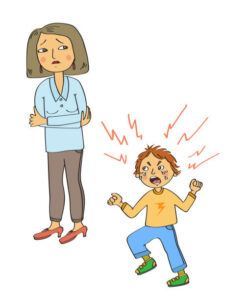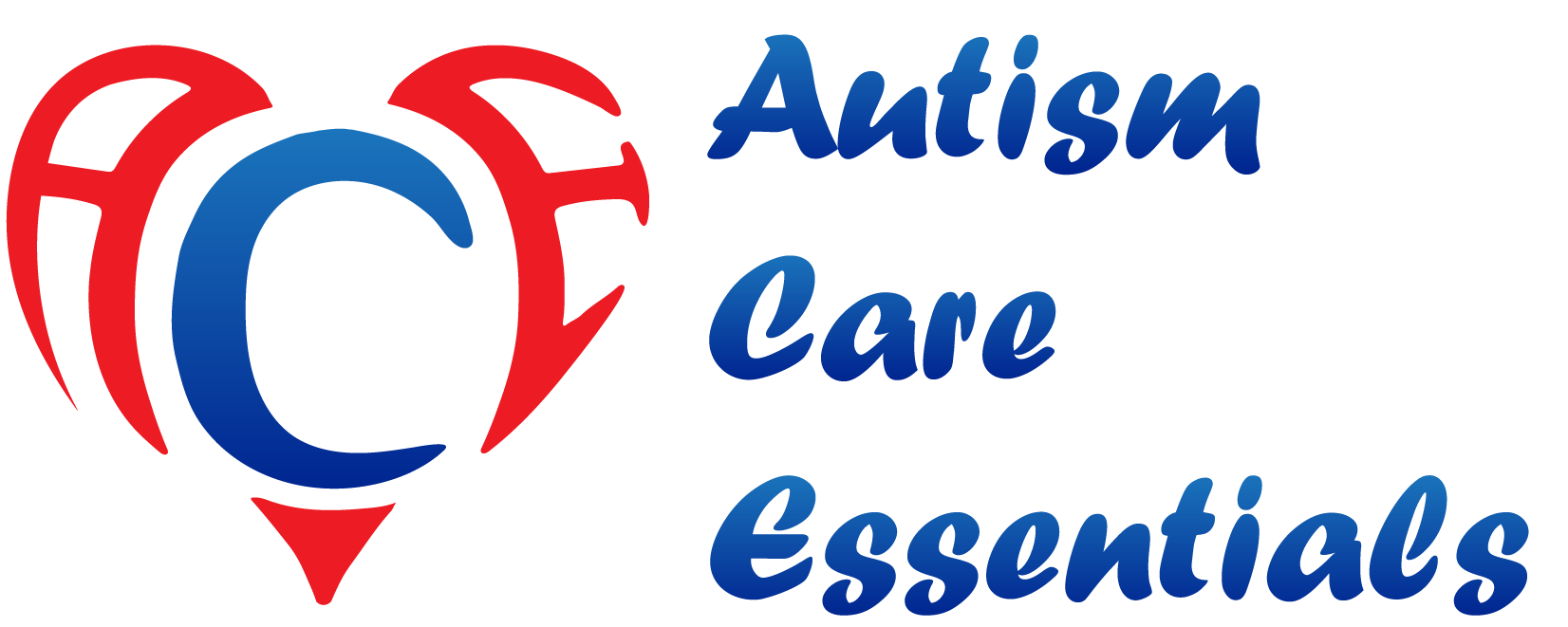I felt embarrassed when I got some looks out in public with my twins. This motivates me to write something about how to know if the child has autism as I wished people could tell they had autism and wouldn’t judge my parenting skills based on the behaviors of my autistic twins.
What are the signs of autism in toddlers?
Signs of autism in toddlers sometimes might not be as obvious as the ones in older children or adults. When autistic toddlers go into public places with their parents or caregivers, more often they will be treated as “terrible twos” when having behavioral issues. What are the signs of autism in toddlers? The following lists are more “typical” for autistic toddlers, especially when they are in public:
- Repetitive behaviors like flapping, spinning, or running back and forth.
- Line up items that are interesting to them even without ownership.
- Not respond to mothers/caregivers’ voices or own names.
- Not follow the basic commands like “stop” from parents or caregivers.
- Sensitive to sound and touch.
The 10 signs of autism
Beyond toddlers’ age, the signs of autism become more noticeable. Although signs can range differently from one individual to another, the following 10 signs are more consistent with most autistic populations.
5 signs of autism in expression
- Flat intonation and lack of facial expression, even though they might be able to use single words or short sentences to express needs and wants.
- Not respond timely to the simple questions or follow simple directions. This is a learning process for them to learn those basic skills.
- Have trouble expressing their own emotions, especially positive ones. Most autistic individuals demonstrate their anger and frustration through their behaviors, but they don’t express well with their emotions in anticipation, surprise, excitement, or trust.
- Lack of empathy manner towards others. Due to the fact that they have trouble recognizing the emotions in others, it becomes a hard process to help autistic individuals to learn empathy manner.
- The tendency of a “lost” look. Either they would stare at somewhere or something, autistic individuals tend to look” lost” and don’t know where to go or what to do.
5 signs of autism in communication
- No/Poor eye contact. Very often they don’t look at the speaker naturally when they answer the questions.
- Have difficulties maintaining basic conversations. It requires active listening, responding, and asking open-end question skills to maintain a conversation. This becomes one of the most challenging barriers to overcome for autistic individuals as they do not enjoy social interaction and group settings. Their disability in communication is the root of this symptom.
- Poor body postures. Since most autistic individuals have low muscle tones or don’t engage in enough physical activities, they prone to have poor body postures and related body language communication.
- Lack of flexibility of changing in schedules and choices. Autistic brains love routines and do not like changes. They can eat the same food, have the same schedule and even wear the same clothes every day. Once they are fixed into routines, they can get very upset with any changes.
- Do not appreciate touching, cuddling, or holding from the people they don’t associate with often. Since they are lack of ability to detect the emotions of others, their brains are in natural defensive mode when being touched, cuddled, or held by others, especially the ones that they are not related to well.
List of autistic behaviors
Based on what we have learned about the signs of autism, we would not be surprised to see the following behaviors when occurred.
- Do not stop the previous engagements when the names are called. Autistic individuals are not born with natural communications. Instead of stopping and listening, they usually continue with what they are doing when their names are called.

- Leave in the middle of a conversation. Because they don’t have the ability to continue the conversation and they are lack understandings of the emotions of other people, autistic individuals usually don’t wait for the natural end of the conversation.
- Push people away when people are trying to hug them. This is their natural reaction with they are not comfortable with being touched.
- Become very fidgety while waiting in line. Waiting in line becomes one of the most difficult things for autistic individuals due to the fact that they don’t enjoy group settings, especially seeing most strangers at once.
- Cut off or walk by people without personal space. This is caused by their lack of understanding of the emotions of other people.
- Screaming or crying when the expected routine or choices are changed. Their brains crave certain routines or choices, especially if they enjoy those routines or choices.
- Walk away and don’t seem to care when others feel sad or sick. Their yet-to-learn empathy manner usually makes them look like refrigerator people.
Warning signs of autism in toddlers
Due to my personal experience, I want to keep this topic separate from another one even though they all seem to cover signs of autism in toddlers. Warning signs of autism in toddlers are more about some unusual but yet can be very relatable signs, which I wish I had known when my twins were 15 months old. Keep your guards up if you notice the following changes in your toddlers.
- Stop eating one or some food suddenly. My twins refused to drink milk out of nowhere when they were around 15-month old. They dropped more and more food out of their menu in the following months.
- Sleep pattern changes suddenly. One of my twins didn’t want to sleep in the night around 15-month old.
- Lose some learned skills. My twins stopped using forks and spoons around 18 months old.
- Lose some words. My twins had a few words in Chinese before they were diagnosed with autism at 30 month-old when they completely had no words.
- Less excited to see mom than before. My twins seemed to cool down with me for a while before I realized a problem.
Autism awareness
Autism awareness is one of the most improved awareness in the country in the last 15 years. With relentless efforts from researchers, advocates, and autism organizations, more and more people understand the nature of autism and embrace the inclusion of the autism community. “How to know the child has autism” will serve its due to help people gain more knowledge about the signs of autism and its related behaviors.
We would love to hear your thoughts and experience with us.
